Using cash to circumvent the law
According to Decree No. 70 of the Government on invoices and documents, starting from June 1, 2025, households with revenue of 1 billion VND/year or more are required to apply electronic invoices generated from cash registers.
This system will be connected to the tax authority, instead of having to pay lump-sum tax as before. This is a necessary regulation, to promote business development in a transparent and equal manner.
Starting from June 1, 2025, households with revenue of 1 billion VND/year or more are required to apply electronic invoices generated from cash registers.
However, in reality, in the first days of implementing this new regulation, business households were still confused. Many households even tried to "circumvent" the law.
Ms. NH, residing in Gia Nghia City, who sells household appliances through social networks, is quite worried. The new regulation requires all businesses to have clear input and output invoices.
"With a small retail business like mine, taking hand-carried goods from acquaintances, now the business is almost gone. Instead of transferring money, now, I encourage customers to pay in cash," Ms. H shared.
According to Ms. H, it is very difficult for household appliances, fashion , and functional foods to have valid original input invoices. Now that the State is forced to issue output invoices to customers, it is very difficult for small businesses to prove the origin.
New regulations on electronic invoices make many businesses in Dak Nong not know how to implement them
Not only Ms. H, many online and small businesses also said they are in a difficult situation. According to Mr. NVN, Nghia Tan Ward, Gia Nghia City, the story of customers placing orders and then "bombing" the goods happens all the time.
“The goods were delivered, but the phone number was unreachable. The goods were returned. In this case, what if I had created an electronic invoice? Do I still have to declare and pay taxes as if the goods had been successfully sold?”, Mr. N expressed.
According to Mr. N, if the tax authority only looks at invoices to calculate taxes, regardless of whether the goods have reached the customer or not, and the orders are returned, online sellers will suffer.
Of the total 25,000 individual households currently operating in Dak Nong, about 10,000 are subject to tax management. Each year, this group contributes significantly to the local budget.
Temporarily closed
Currently, due to confusion in implementing the new regulations, many businesses and small traders in Dak Nong have temporarily closed. According to them, if they are not ready to implement the regulations, they will be unfairly fined.
The small grocery store of Ms. Nguyen Thi Dung in Tam Thang Commune, Cu Jut District is an example. According to Ms. Dung, her store operates in a traditional business model. She often buys goods from familiar sources at the market or agents.
After more than 20 years of trading, the invoices from the wholesale suppliers were just simple handwritten papers. When they reached the consumers, many times she just added them up mentally and paid.
Many small traders in Cu Jut area (Dak Nong) have temporarily stopped doing business.
According to her, she only finished 4th grade and doesn't know how to use a computer. Up until now, she has been selling and paying manually.
Now she has to calculate the annual revenue to see if it exceeds 100 million VND/month, which is a big problem for her. The biggest concern is that if the declaration is incorrect, she will be charged back taxes and fined.
“Selling groceries doesn’t make much profit. I’m afraid of making false declarations and being fined or accused of tax evasion. I don’t want to break the law, I just don’t know where to start. So for now, I’ll just close the shop and not do business for now,” Dung said.
Many small traders at the Cu Jut District Commercial Center (Dak Nong) need support from the tax authorities to maintain their business.
The concern about accidentally violating tax regulations is not only a concern of one person, but is spreading among the small business community in the area.
After June 1, 2025, when the policy of ending lump-sum tax took effect, many small traders went to forums and social networking groups to seek support and share experiences.
Strengthen tax payment guidance
According to the Tax Department of Region XIV, the removal of lump-sum tax and the switch to self-declaration and tax payment based on actual revenue is a long-standing regulation to limit tax losses.
This regulation helps to accurately reflect business capacity, ensuring the principle in the Tax Administration Law that taxpayers self-declare, self-pay, and self-responsibility. Currently, the Tax sector is making efforts to guide and support business households to implement this regulation.
Many businesses are still confused when implementing new regulations and need regular support from tax authorities.
In fact, refusing to accept transfers and only accepting cash is a misunderstanding of the tax system and electronic invoices. Tax authorities now use electronic invoices and monitoring tools to accurately track business households' revenue.
It includes all sales transactions, provision of services, regardless of whether payment is made in cash or by transfer.
Even if a business only receives cash, uses multiple accounts or changes payment methods, tax authorities can still compare and check total revenue.
Monitoring tools such as data from banks, e-commerce platforms, other electronic databases, etc. will help tax authorities monitor and compare valid revenue transactions.
Tax officers of Tax Department of Region XIV support business households in Dak Nong area
Therefore, refusing to accept transfers and only accepting cash does not help businesses avoid taxes. Tax authorities can still verify revenue through electronic invoices and legal documents.
This behavior not only increases the risk of being detected for tax fraud but can also lead to severe penalties. Therefore, compliance with regulations and correct tax declaration is the only way for businesses to avoid legal risks and protect their rights.
According to the provisions of Clause 8, Article 1, Decree 70/2025/ND-CP, dated March 20 on invoices and documents, business households and business individuals with annual revenue of 1 billion VND or more and enterprises with activities of selling goods and providing services such as: shopping centers, supermarkets, retail stores, restaurants, hotels, passenger transport services, direct support services for road transport, art services, entertainment, film screening activities, other personal services will have to use electronic invoices generated from cash registers connected to transfer electronic data to tax authorities.
Source: https://baodaknong.vn/ho-kinh-doanh-dak-nong-lung-tung-voi-hoa-don-dien-tu-255182.html


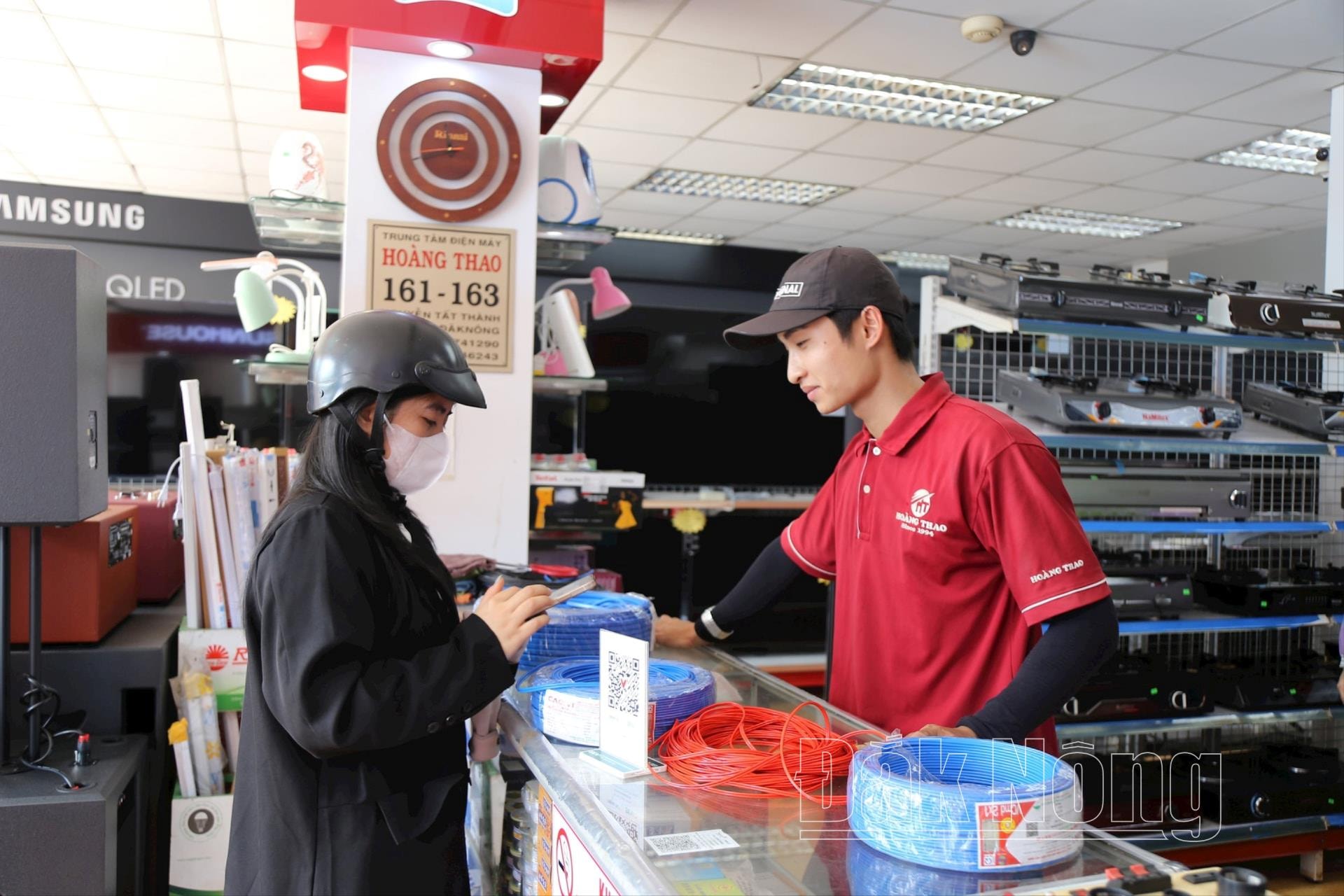
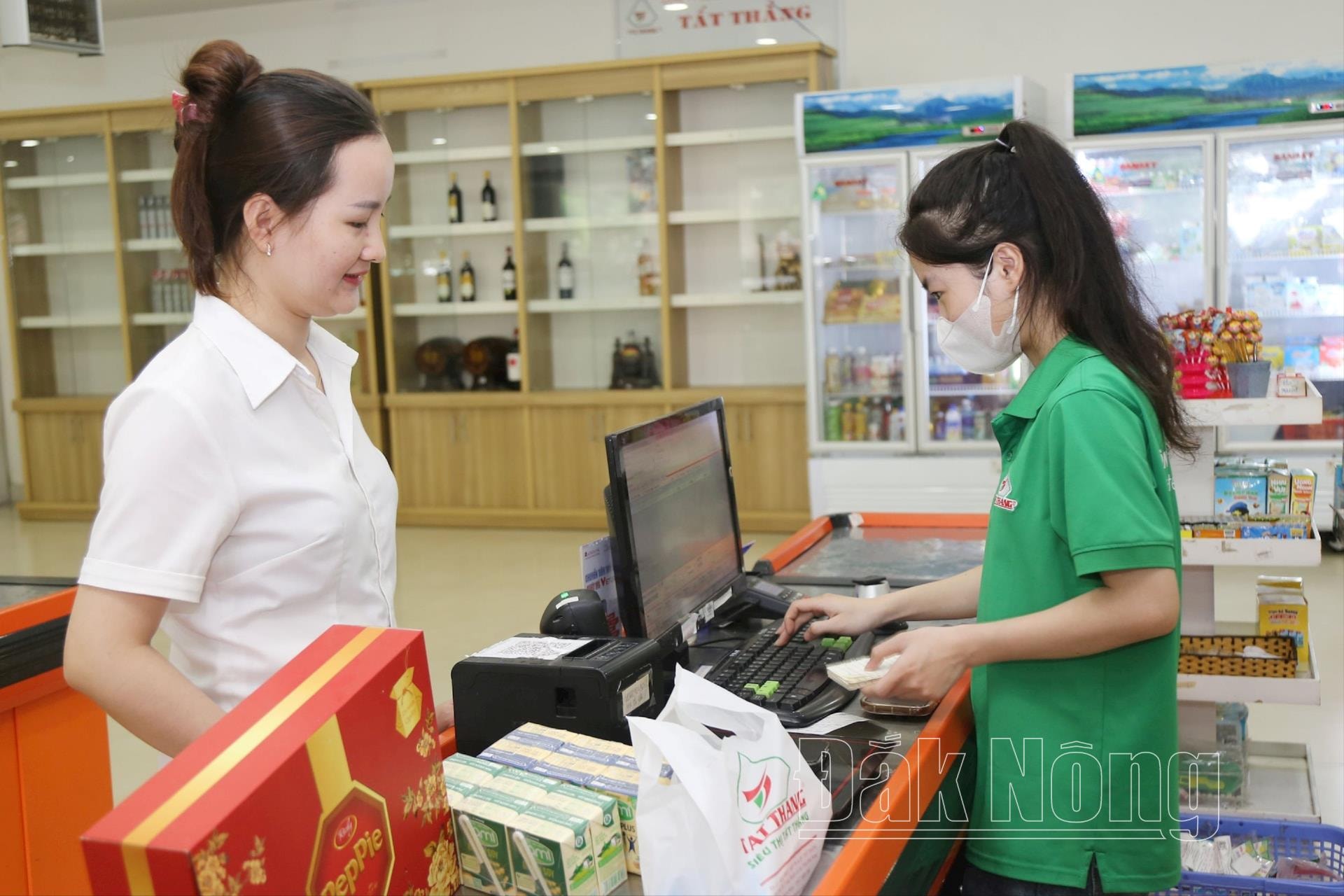
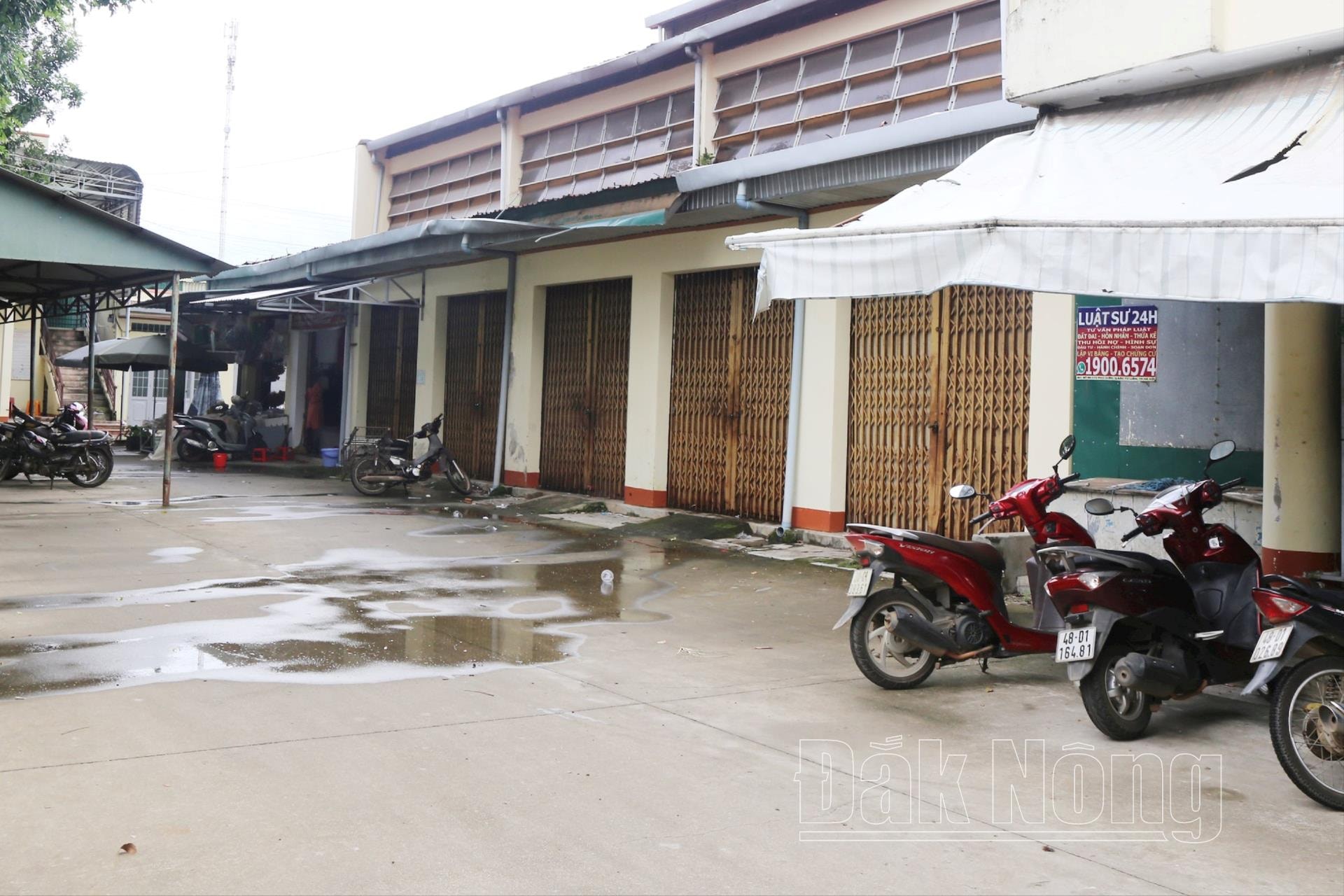
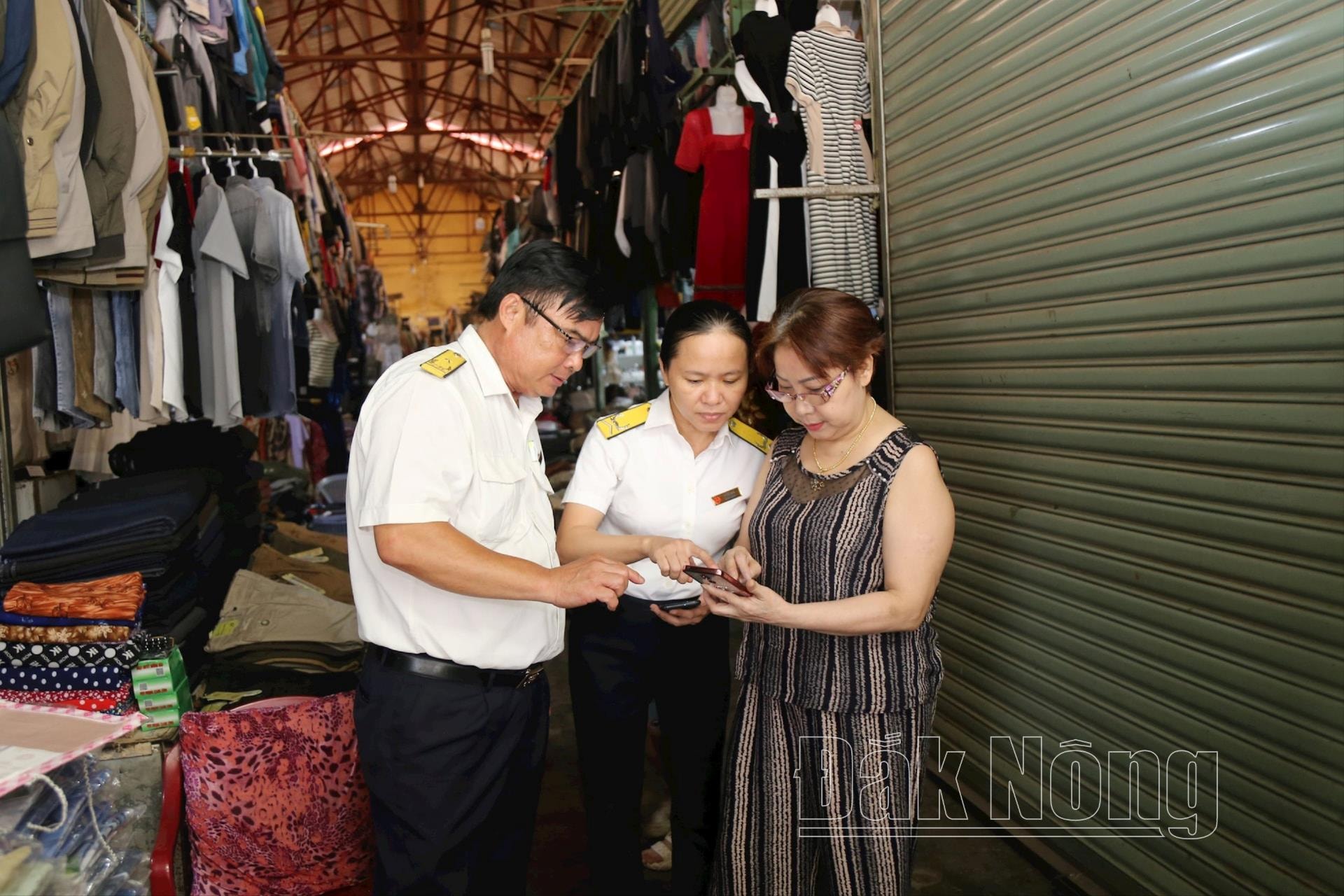
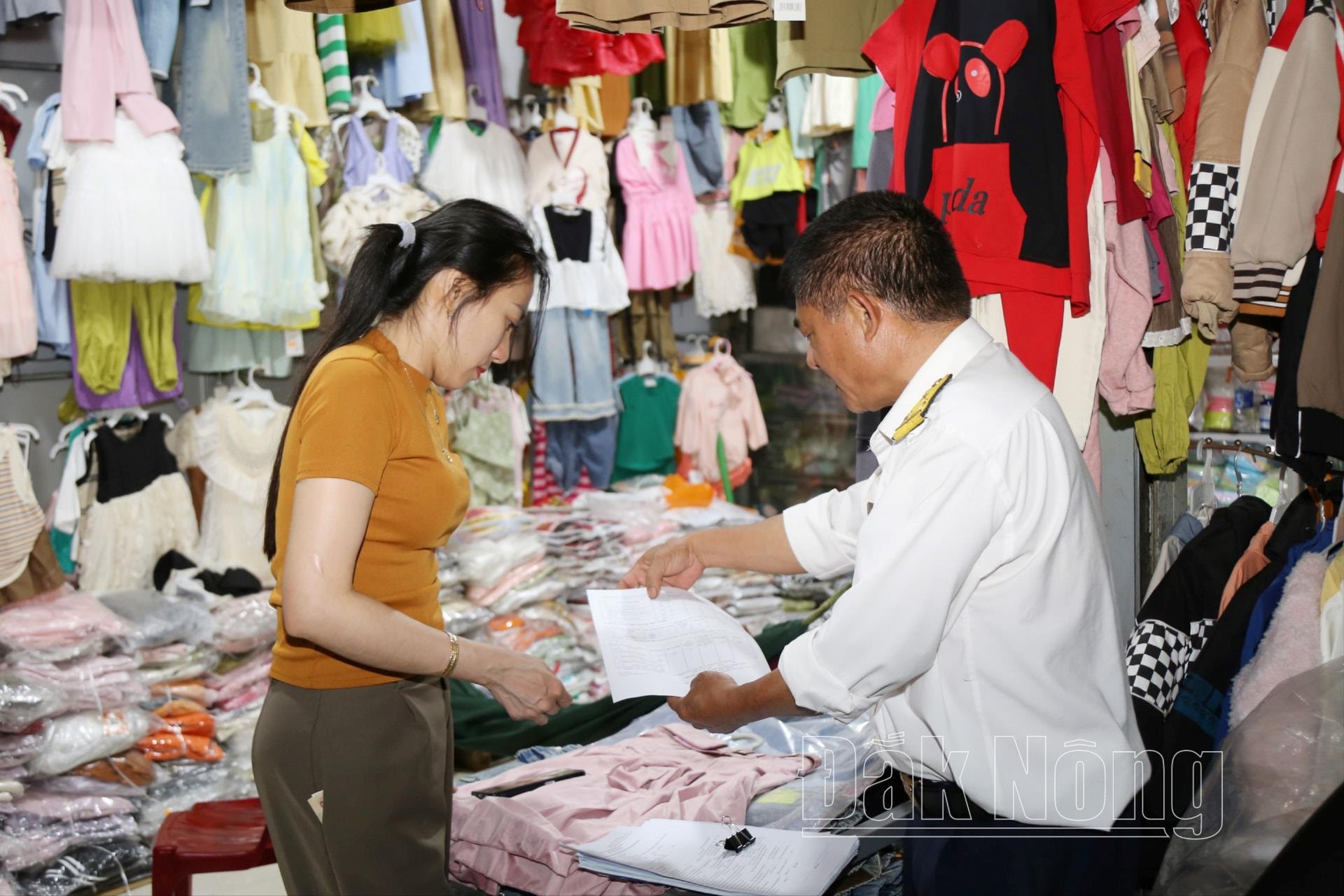
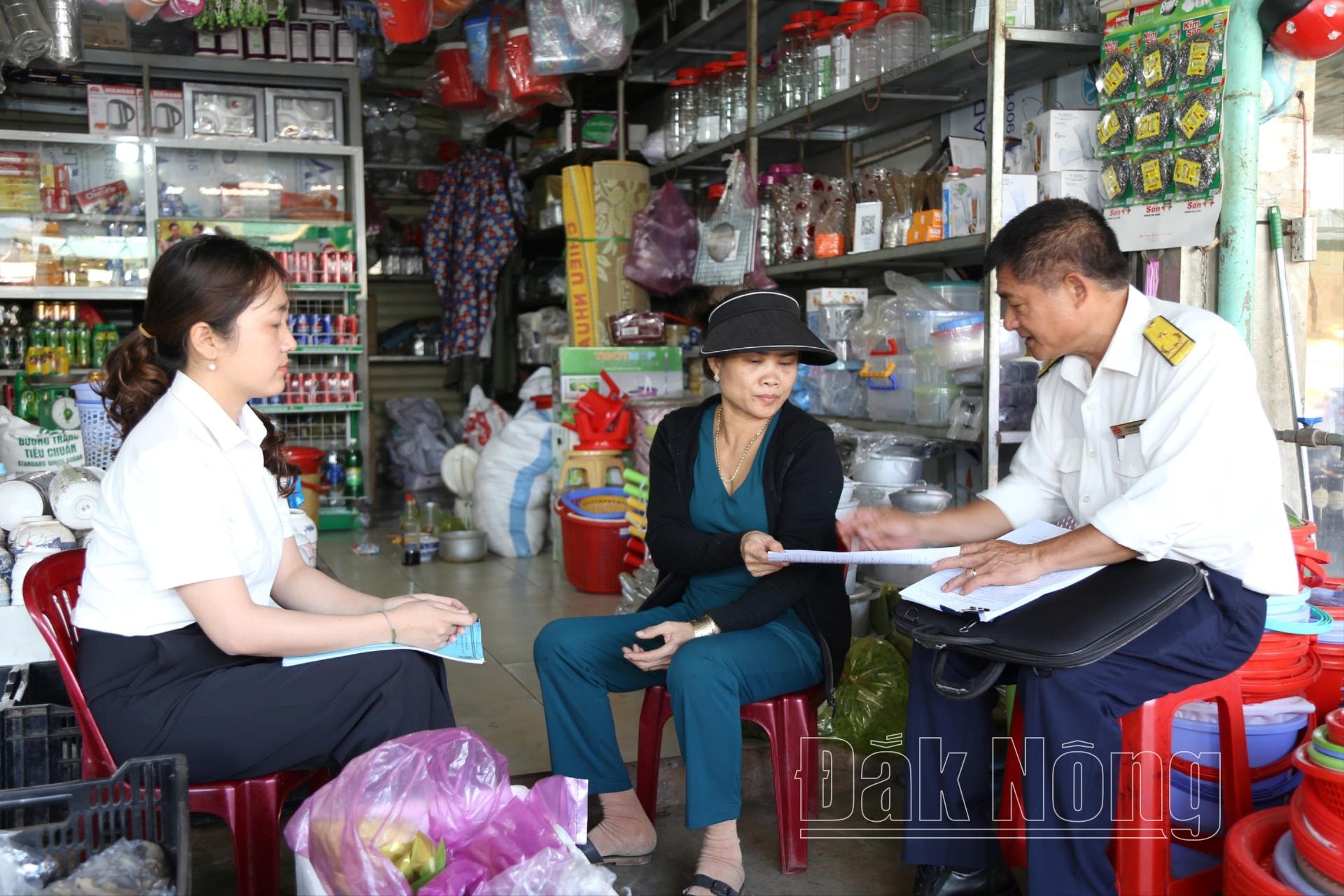










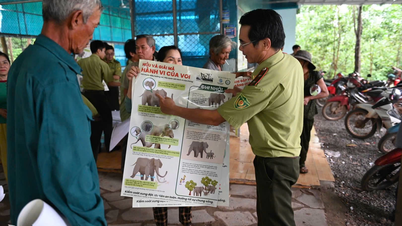

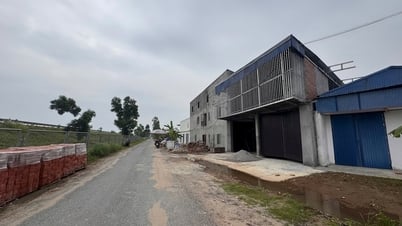








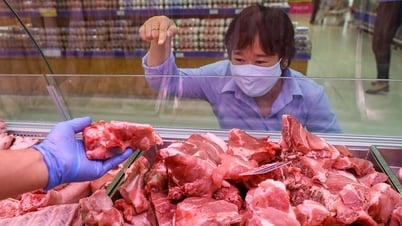
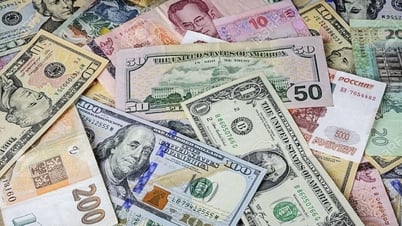




![[Photo] Prime Minister Pham Minh Chinh receives leaders of several Swedish corporations](https://vphoto.vietnam.vn/thumb/1200x675/vietnam/resource/IMAGE/2025/6/14/4437981cf1264434a949b4772f9432b6)









































































Comment (0)